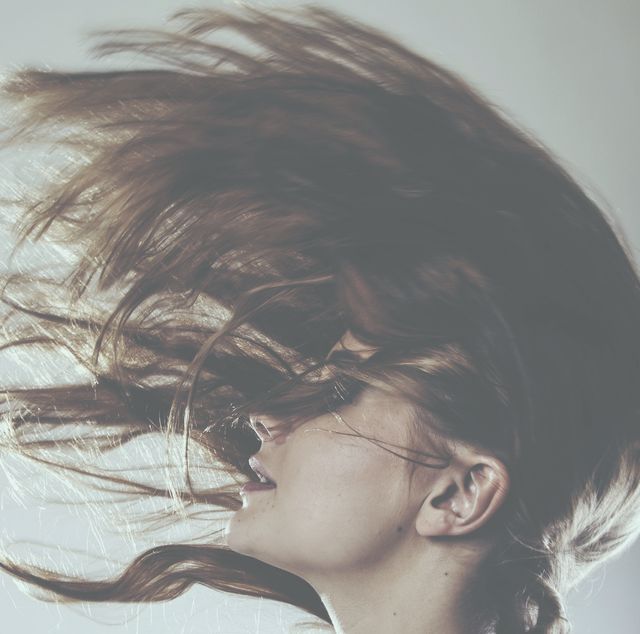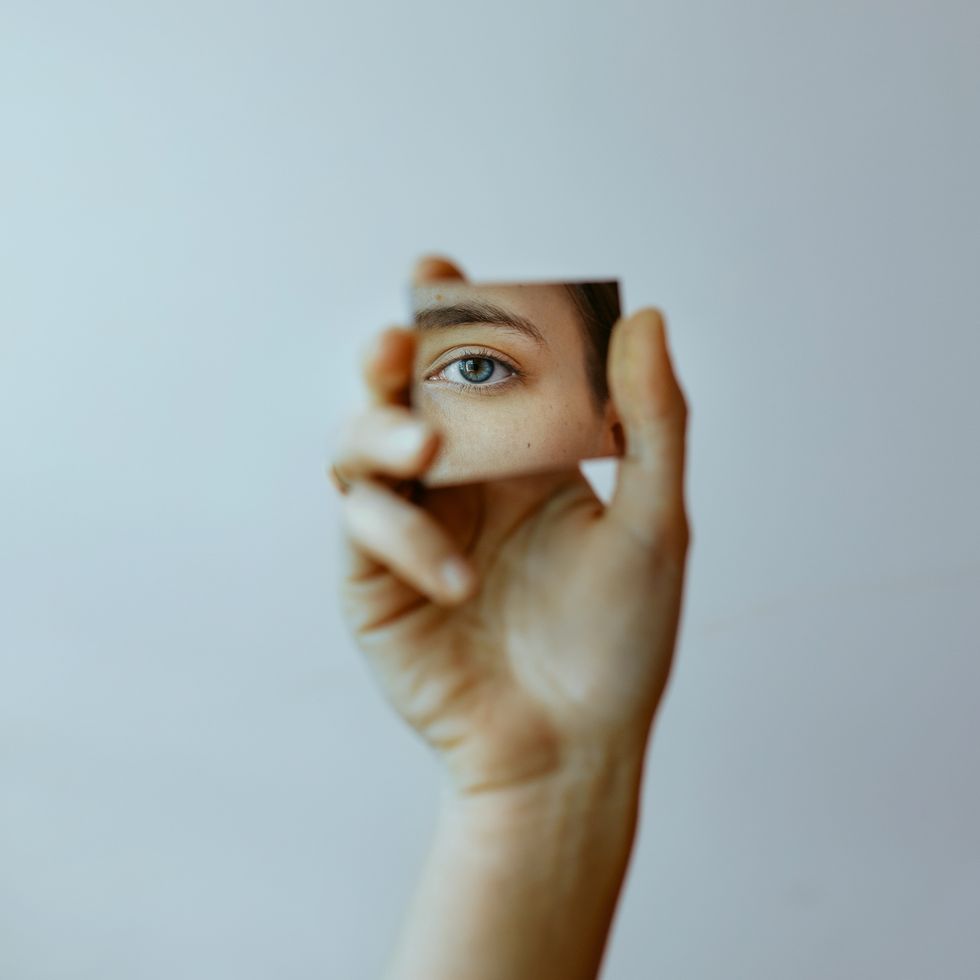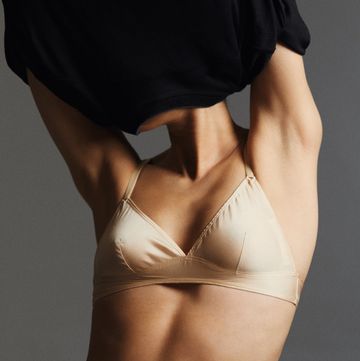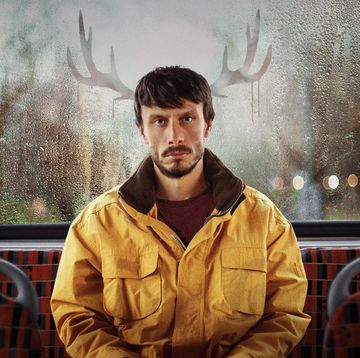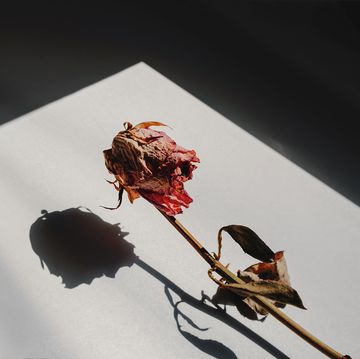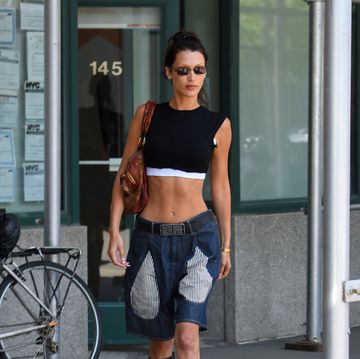I just wanted to sleep. I wanted to escape consciousness for as many hours as I could because maybe – I prayed desperately – when I woke again, everything would be a bit better. And so I poured more white wine, the glass immediately misty and beading. I let the liquid cool my throat and relished the blurry feeling behind my eyes.
Earlier that day I’d been to see my dad in Intensive Care. He was hooked up to a ventilator and an ECMO machine that was keeping his (new) heart beating. He looked both just like my precious dad and nothing like him at all. I didn’t know it then but that image of him, which was sharp and painful in my mind, would linger there for a long time, possibly forever. Less sharp but just as painful. I popped a sleeping pill from the foil wrapper and pressed play on Friends – a random episode I’d seen countless times, it didn’t matter – the familiar murmurs and laughter a comforting backing track, a steady point to focus on as I willed myself to sleep.
Over the years, my relationship with medication and alcohol has been a fairly good one – in that I don’t have a problem with either but also reap the benefits of both. I’ve taken antidepressants every day for 13 years. They are the necessary armbands that allow me to live with relative ease as I’ve had severe anxiety and OCD since I was 16. I don’t drink very much (in one sitting), though I’d be hard pressed to find something more pleasurable than that first gulp of a very dry white wine after a long day. When I get on a plane or a train or have to do a particularly scary meeting, I will often take a diazepam. Diazepam, otherwise known as Valium, is a stronger and far more addictive anti-anxiety medication than the ones that are part of my daily routine, but my doctor seems fine with me using it on occasion. I self-administer responsibly, but I do sometimes consider if I like taking it a little too much. There’s a tiny voice in the back of my mind that wonders how great life could be if that exquisitely hazy feeling it offers was with me all the time. It's a voice that has had me teetering somewhere near the edge, dancing with the idea of popping one more pill, understanding the mindset of those who abuse drugs and alcohol in search of lightness.
In the immediate aftermath of my dad’s heart transplant, but also nine months earlier, when my mum was rushed into emergency surgery and diagnosed with a very rare cancer, I craved numbness like I never have before. Death is the ultimate fear, for most of us. Both our own and that of those we love. And turning to medication and alcohol is a pretty natural response to a fear so potent it makes you feel at once outside of yourself and claustrophobically unable to escape. We want to feel nothing. Because nothing is so much better than feeling the very physical pain of your world crumbling.
So with both of my parents gravely ill, I began medicating my way through the days. An antidepressant in the morning, a diazepam on my way to the hospital, a big glass of wine by 6pm, a sleeping pill at 11. I remember saying to my therapist: 'I just want to be able to cope. I want to cultivate some semblance of resilience.' But perhaps the midst of the trauma isn’t the place to develop that resilience. Perhaps just getting through the day is the best you can hope for. Perhaps blunting the sharp edge of fear with wine and sleeping pills is perfectly understandable. And yet, at that moment, you’re on the precipice of something else. You are self-aware enough to see how close to danger you are, but are you able to catch yourself before you step over the edge?
If my parents didn't survive their respective illnesses, it might have been a different story for me. But in this version of my life, I was able to catch myself and slowly take the armbands off. I realised that part of building resilience was going to be about feeling all the sharp, painful edges of life. Letting them cut you open and then gradually healing. As my dad’s stay in hospital dragged on and his progress remained slow, I tried to drive to the hospital without distraction. I let myself cry when the tears came and I fell into bouts of laughter with my mum (often inappropriately in the hospital waiting room), delirious with exhaustion.
Later, when some aspects of normality resumed and both my parents were home and on the mend, the question became how to cope with the residual trauma of them both nearly dying and the knowledge that one day those terrible feelings will be back. Because of course they will. Chimamanda Ngozi Adichie recently wrote an essay about grief and the loss of her parents. Interestingly she describes, amidst the intense pain of mourning her mother and father, an ember of relief. The worst had already happened.
I find myself now grateful, lucky to have come through the experience and in a better position for having shored up some fortitude for the inevitable in my future. In some sense, I can identify with Adichie: the worst was almost upon me, but I know now that I can survive it.
I don’t believe that there is anything inherently wrong with leaning on a crutch – whether that be an extra glass of wine, a sleeping pill, or hours of mindless reality television – when life feels a bit too hard. But I've learned there are more sustainable ways to deal with the ups and downs. Embracing the intrinsic uncertainty of life can open up new ways of feeling and living.
I am spending more time outside than I ever have. I live by the sea and can hear the waves from my bed. Something about the knowledge that I am just a tiny cog in the wheel of the universe helps. I’ve always struggled with ‘living in the moment,’ but last month my dad was able to walk me down the aisle when I got married. I found that I wasn’t thinking about the future, that one day he’s not going to be here anymore. I was thinking how lucky I was in that instant. I have been given the privilege of some years on this beautiful planet. I weep at the thought of not being here and rejoice at the fact that I got to be.
For information about how to get help to deal with grief and loss, click here.
For information about the UK's free addiction helplines, click here.
